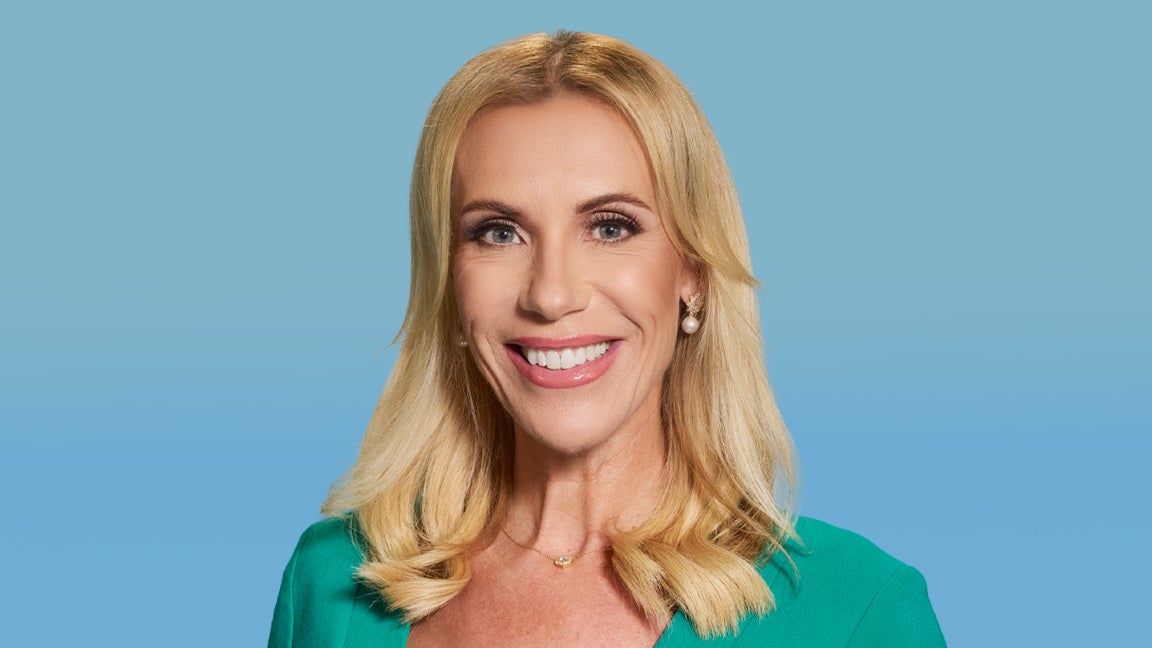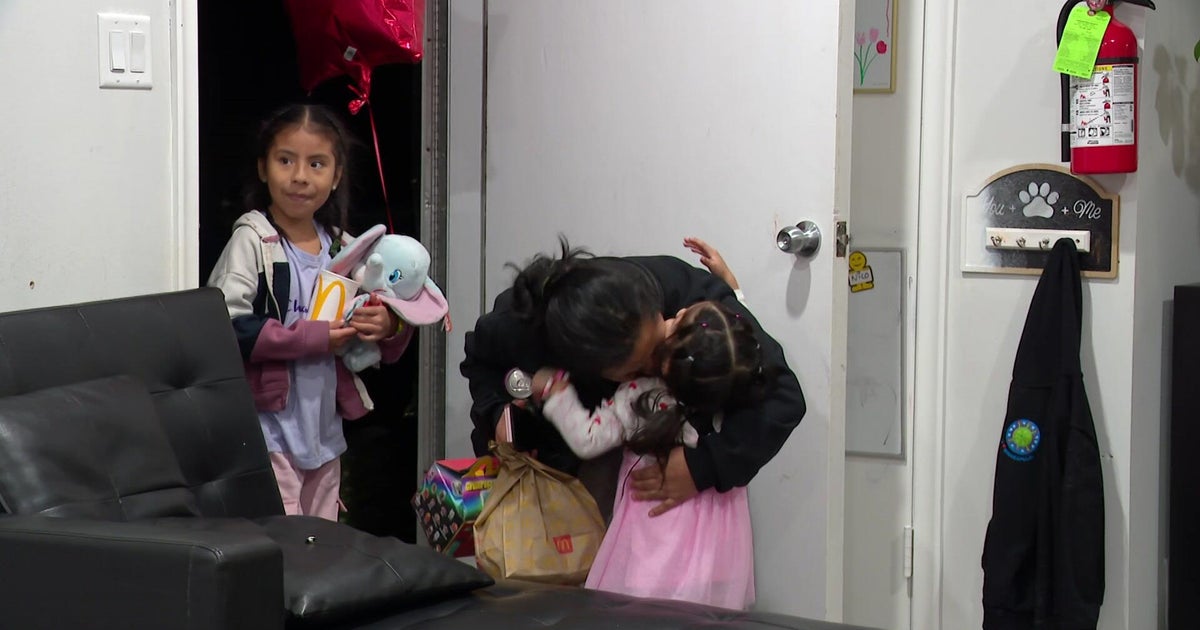On Your Side: ADHD medication shortage
A nationwide shortage of medications used to treat attention-deficit/hyperactivity disorder (ADHD) is entering its sixth month with no end in sight.
That has parents of children who rely on these medications scrambling to fill their prescriptions.
Though the shortage started with Adderall, it's moved to its alternatives- like Ritalin. And experts say there is no easy way to increase supply.
"It's devastating. It's not for me, it's for my child," said Erin. "And as a mom, I will do anything for my babies."
You can hear the desperation in the voice of this mother, who has two boys, 10 and 8 years old, both on ADHD medication. Getting those prescriptions filled has basically become a full-time job.
"Between my husband and I, we had to call probably 30 different pharmacies," said Erin.
She ended up filling one prescription at a pharmacy 20 miles away, and the other at another pharmacy in the opposite direction. And she'll have to do it all again at the end of the month.
"My pharmacy was saying it might not be readily available until about June," said Erin.
The Food and Drug Administration announced the Adderall shortage back in October, blaming manufacturing delays. But experts say the shortage is more about an increase in demand. Adderall prescriptions went up nearly 20 percent from 2020 to 2021.
Dr. Daniel Bruckner is part of Balboa Pediatrics, a large pediatric practice in Encino.
"It's a daily problem for us," said Bruckner. "We are getting phone calls from moms, from the pharmacies. Kids that have been on the same medicine for ADHD for years even, and all of the sudden they can't find it."
In the U.S., 6 million children have been diagnosed with ADHD, and more than 60 percent take medication to treat it. Dr. Bruckner says even one day of a missed dose can seriously impact kids with ADHD.
"They're really dependent on these ADH medicines to help them function in school, function at home," said Bruckner.
And now the shortage has extended to Adderall alternatives, and switching medications has its problems too.
"Even though they are all similar in their mechanism, they are different, and they can have different side-effect profiles, and they can definitely interact differently for any given child, which is why when we finally have one that's working, we don't want to change," said Bruckner.
Another issue is that demand is up so much because of telehealth.
Drug companies are expecting the shortage to start easing up in late April, but it's expected the ripple effects could stick around until summer.
Since most ADHD medications are classified as controlled substances and have a history of abuse, both the FDA and the Drug Enforcement Agency have limits on production and distribution.








